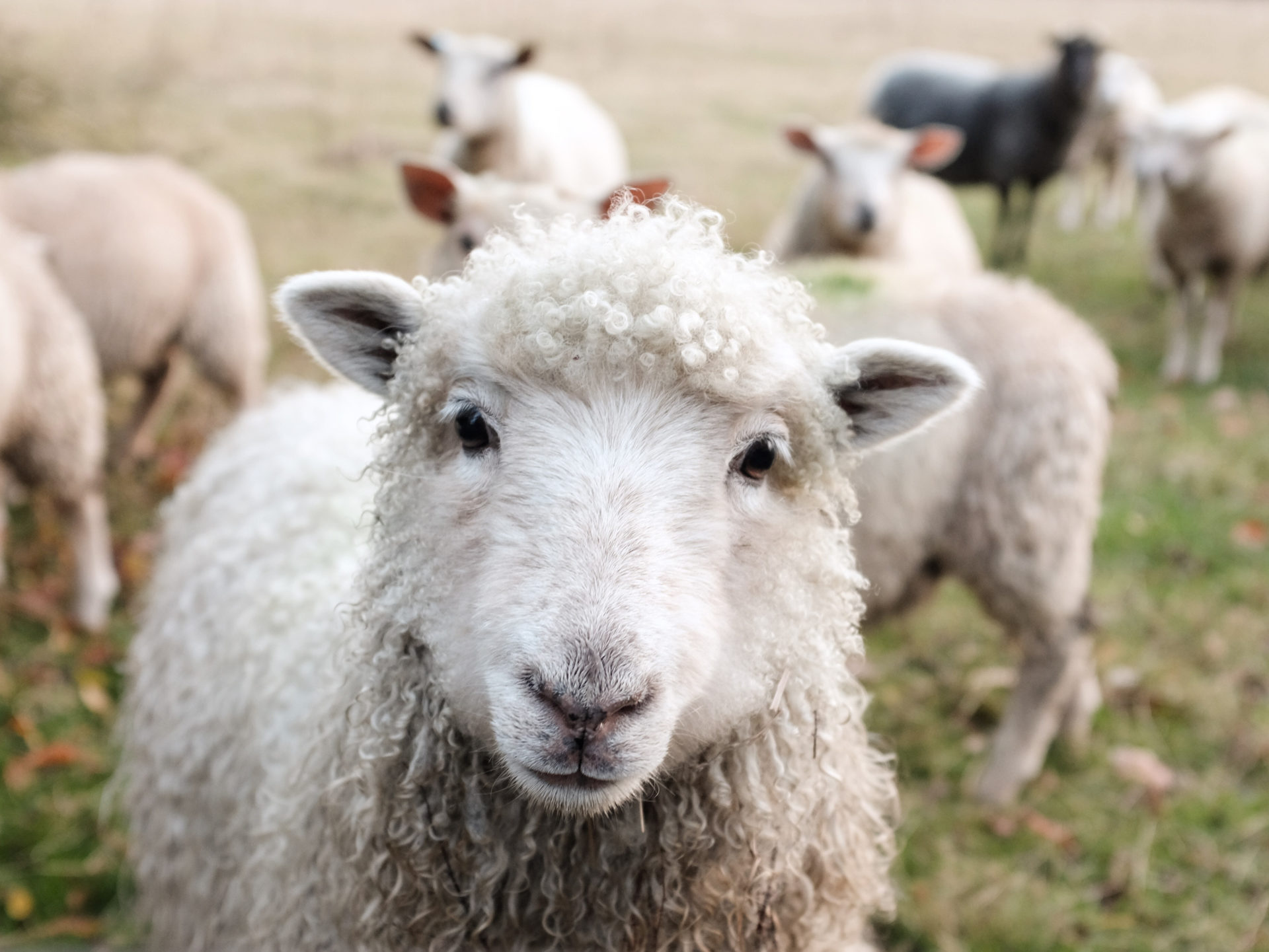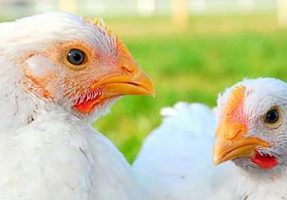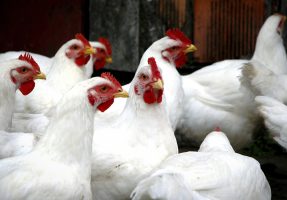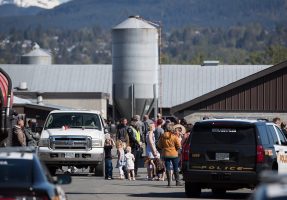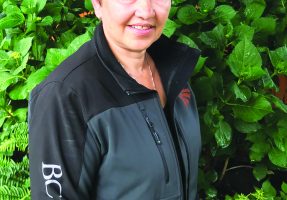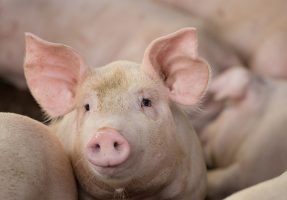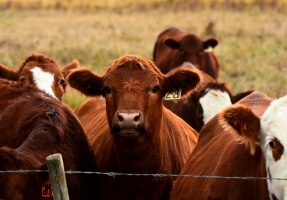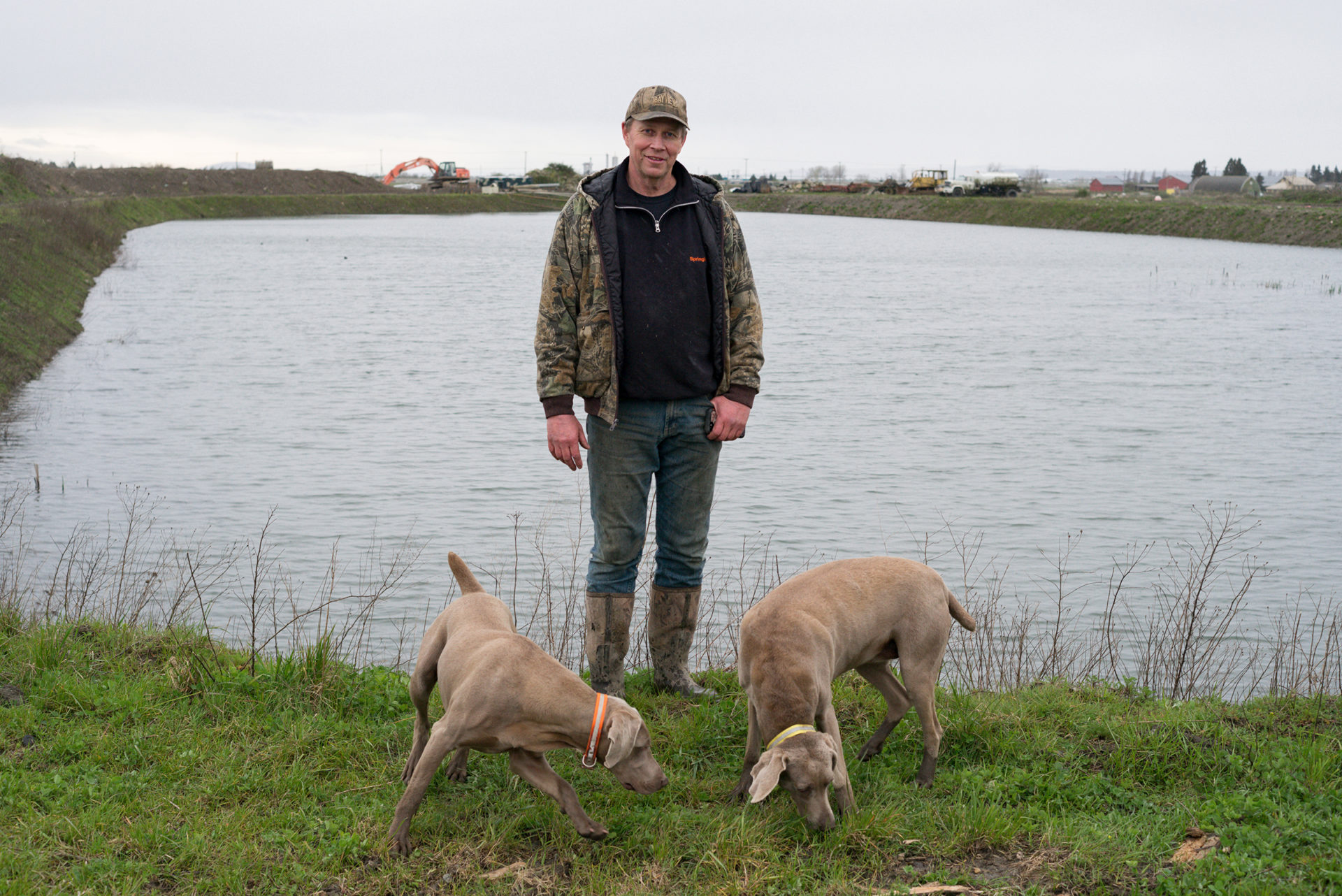VANCOUVER – The growing trend for families to engage in food production – including raising animals for meat – in order to be self-sufficient has created new animal welfare concerns for the BC SPCA.
BC SPCA senior animal protection and outreach officer Erika Paul says she regularly sees animal cruelty cases among people who have started raising animals without fully knowing what they’re doing.
She also says a lack of practicing farm animal veterinarians is at the root of the biggest challenge her organization faces – “the practicality of providing basic and medical care to animals raised for an industry.”
The problem is particularly acute on southern Vancouver Island and in the Gulf Islands.
“There are few or no practicing farm animal veterinarians there,” says Paul. “There are horse vets, however the other farm species do not share the same benefit,” she adds.
Paul says difficulties arise when an animal needs medical care or a controlled medication. Without a working relationship with a veterinary clinic or a practicing farm animal veterinarian, these procedures and medications are inaccessible.
The result is a tough choice for farmers, and one that quickly becomes problematic.
“Farmers/hobbyists/breeders don’t want to lose their investment in the animal, but if the animal needs care, and treatment is either unavailable or costly, the practical decision is euthanasia. Either way, it’s a loss for the farmer,” she says.
And euthanasia isn’t a simple matter, either.
“Codes of practice for some species require specialized or expensive equipment to perform euthanasia,” she adds.
The lack of farm animal vets presents BC SPCA with the same challenges as farmers, Paul notes. Provincial legislation invests the BC SPCA with police authority in animal welfare cases, but the animals it sees often need veterinary care.
“I would like people to do their homework first before jumping in with both feet and stocking their backyards with farm animals,” Paul says.
New farmers need to research proper animal care, including feed and housing, and the time and financial commitment required. She advises livestock owners to ensure a vet is available to provide medical care when needed, and to know the costs. They also need to check local bylaws and make sure livestock are permitted.
“Know what the industry standards are and endeavour to exceed husbandry expectations,” says Paul.
Starvation deaths
“Most people are surprised that starvation is the third most common cause of death in sheep submitted to the diagnostic lab in BC,” says BC Minister of Agriculture veterinary pathologist Glenna McGregor in a recent report in N’Ewes, a magazine published by the BC Sheep Federation.
“A couple of these cases are part of animal neglect/cruelty investigations, but the majority of these are from farmers who had no idea they were starving their sheep [but] cared enough … to send us the carcass and pay $140 plus tax for a post-mortem examination. In most of the cases, the problem was not an absolute lack of feed, but lack of access to feed.”
Not enough feed bunk space, group dynamics and timid animals are contributing causes.
“Emaciation in sheep is visually hard to detect as they tend to have thick wool coats and large bulgy rumens,” says MacGregor.
Both McGregor and Paul emphasize that hands-on body condition scoring is necessary to ensure that animals are receiving adequate nutrition.
“People who decide to raise their own animals for food and end up running into problems tend to have limited resources,” notes Paul. They may believe that growing their own food will save them money but don’t comprehend the cost and work that goes into feeding and caring for farm animals, or the work or regulations involved in processing.
“We do seem to see significantly more starvation in sheep than other livestock species,” McGregor says.
They are often owned by new farmers who maybe don’t know much about nutrition, they are housed in mixed-species groups and are typically quite submissive animals by nature, and their wool makes it difficult to see if they are getting too thin.”
Typically, unkempt animals and premises are the first sign of an animal welfare concern.
However, it’s not just sheep. Goats and poultry often arrive in the lab as well, and the centre regularly sees cases of starvation in horses, dogs, cats, other pets and occasionally cattle.
Long wait times to slaughter animals at licensed abattoirs can also put pressure on new farmers or those with limited resources who don’t know they need to book an abattoir months in advance.
“Animal hoarding is more likely to happen with hobbyists or backyard farmers,” explains Paul.
In hoarding situations, it is more about the costs of transporting and processing, rather than the need to possess, she says. Prolific animals, such as rabbits, can quickly overwhelm people, especially if the market is soft. Another issue is the need for culling or euthanasia and the willingness of the person to perform the duty, leading to unnecessary suffering or the accumulation of non-producing animals.

